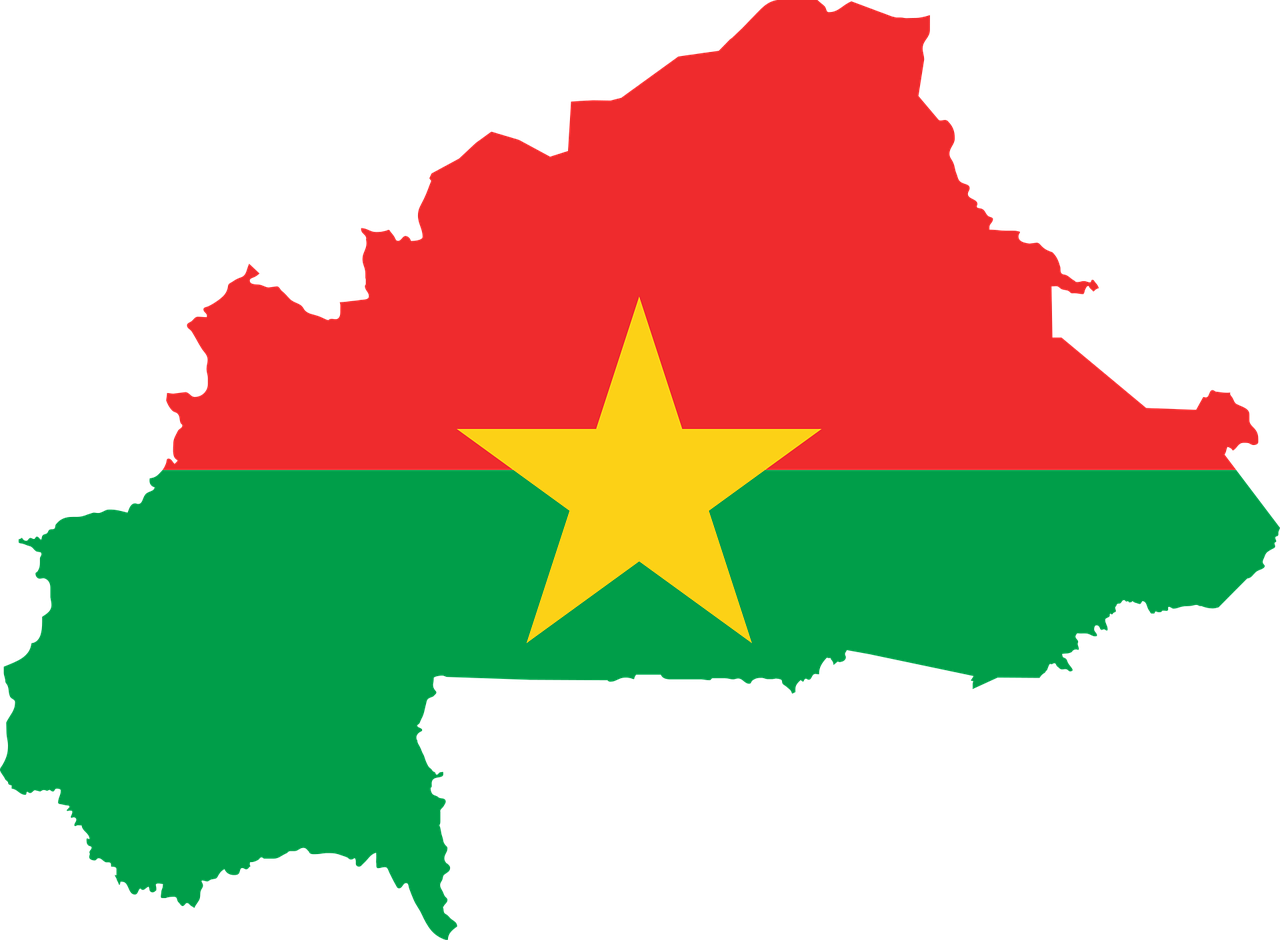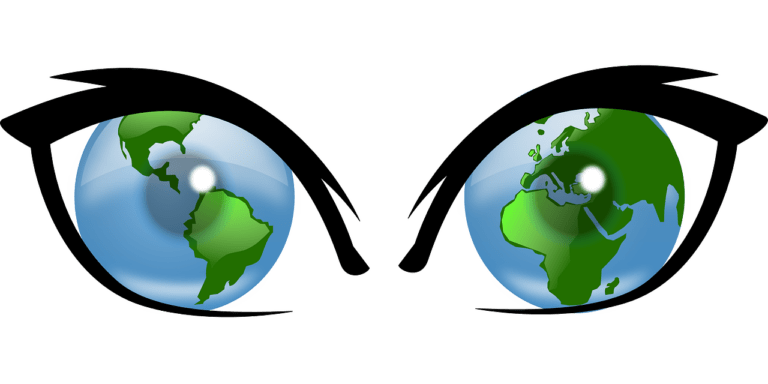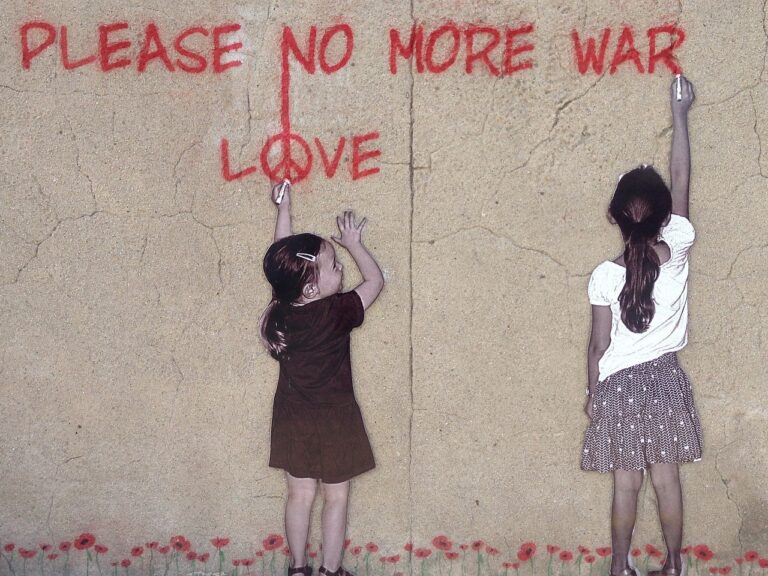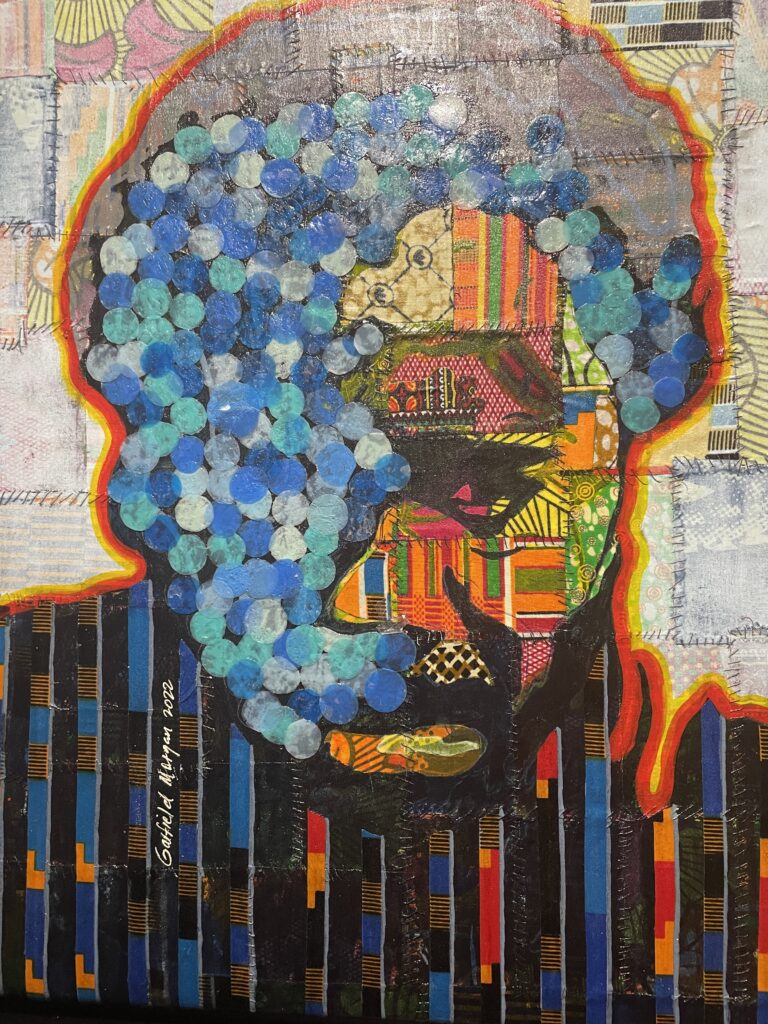Burkina Faso at loggerheads with BBC, VOA and Human Rights Watch

News circulating suggests that the Burkinabè transitional government and certain media and international institutions are in a silent but bellicose confrontation. The British Broadcasting Corporation (BBC), Voice of America (VOA) and Human Rights International suddenly fell out of the good graces of the junta in power. The reason for this fracas is the accusation that the military forces of Burkina were responsible for the mass killing of civilians.
This kind of contention does not come as a surprise in a country where war against terrorists is lasting, and exhausting everybody and the only factor that keeps people going and fighting is the determination, power of conviction and persuasion of the government in power. Occasionally, one hears civilians talking of the “burden” of the financial contribution they are making in the “war effort” but, in reality, the majority of citizens strongly believe that the transitional government is performing well, in this combat against terrorists. It might help to remind readers that the perseverance of the terrorists’ attacks caused the overthrow of two regimes that lost their credibility and capability in the eyes of the Burkinabè: the presidency of Roch Marc Christian Kaboré and that of Lieutenant Colonel Damiba.
The saying goes that one cannot make an omelette without “breaking” eggs, which means that no grand measure or action can be undertaken by a government without causing any collateral damage or casualties. Some innocent victims will always emerge. The same criticism was raised against several political regimes that ultimately went down in history as good leaders. In the same country, Thomas Sankara was accused of the violation of human rights when a group of officers belonging to the so called “old obstacle to the young revolution” were shot in 1983. Then, when a large number of basic education teachers went on strike in 1984, they were terminated for their action. Once again, Sankara was blamed but posterity revealed, that the second in command at that time, former President Blaise Compaoré was behind that decision to fire workers who simply applied their right to aspire to better working conditions.
Those who knew Sankara well would agree that he strongly believed in the power of argumentation and supported trade unions which he was always ready to converse with, although once in a while he would issue threats to the most radical ones. But to fire basic education workers for embarking upon a strike action does not fit the leftist and Marxist ideology espoused by Sankara. And that measure had a very negative impact on education in Burkina. A vertiginous decline was noticed in students’ levels since the time those seasoned teachers were fired and replaced with new and young ones who were about to complete their training. In a nutshell, many people are strongly convinced that Sankara and the 1983 revolution was wrongly accused for that decision which to many Burkinabè and other nationals was a “very wicked” one.
Another occurrence that might contribute to tarnishing the reputation to some extent of this current transitional government in Burkina is the unlawful activities that some Volunteers for the Defense of the People (VDP) are often accused of. One often sees on social media some members of that unit, being presented as robbers who used their weapons to steal from populations instead of protecting them, in the anti-terrorist war. The veracity of these allegations is to be checked.
The most recent accusation against the Burkinabè anti-terrorist forces is dubbed a “massacre” of innocent civilians That occurred on February 25 this year in Soro and Nodin, two villages in the western north region of the country. The press reports that 220 lives were lost, and 56 of the victims were children. Africa News writes in its publication of 22 March 2024 that “more than 220 civilians, among them at least 56 children, fell victim to atrocities allegedly committed by the country’s military… These mass killings are some of the most egregious abuses by the army in nearly ten years”. Details on the incident posit that 100 soldiers descended on the civilians in those localities, “shortly after some Islamist fighters had passed the area”. The soldiers then gathered the population and mercilessly opened fire on them, no one was spared. The same news agency adds that the soldiers repeated their brutal and cruel act of shooting indiscriminately at residents and the reason for the killing remains the same: Islamist fighters passing through the area and (probably) striking an alliance with them against the national troops.
It is not a secret that in the understanding of the general public, Islamist fighters are the enemies, those opposing the national armed forces who are fighting to secure the national territory, the populations and fighting for the return of calm and normalcy in Burkina; the country has been woefully shaken and deteriorated by this war. The debate revolved around the connection between the “enemies” or terrorists and Islamists. Scholars in Islam and defenders of peaceful coexistence devoted ample time and effort, explaining that the forces facing the national army and volunteer fighters are terrorist and not Islamists. Others pointed out that referring to the terrorist as “jihadists” was not appropriate. The reality on the ground seems to be that almost all terrorists gunned down by the Burkinabè defense forces are either Fulani (the nomad cattle breeders), or people who have some link with the Fulani and that accounts for these cattle breeders being pinpointed as terrorists. Sources contend that the majority of the Fulani had to leave the Burkinabè territory and seek refuge in neighboring Côte d’Ivoire among others, for their own safety. They believe that Burkinabè soldiers shoot them because they seem to be terrorists.
A video that circulated on social media a couple of weeks ago shows armed Muslims delivering a message to the Burkinabè president Captain Ibrahim Traoré and his government; the essence of the message was that an Islamic force or campaign is aiming at defeating the regime and turning Burkina Faso, Niger and Mali into Islamic nations where the Sharia law is the nerve of governance. If the authenticity of that video is established, then one could understand why the armed forced or soldiers and volunteer fighters would perceive the current war as a war against Islamist fighters. But what is obvious is that nothing explains and defends the killing of more than 200 civilians, because Islamist combatants passed through their locality. If, indeed, that action of the Islamists was verified and proved to be true, investigations had to be conducted, and culprits or the pro-Islamists (if such persons were identified) could be treated as the laws of the country stipulate. One could also attribute this mass killing, if it really occurred, to the tension, fatigue and weariness of armed forces who have been fighting for years against “unknown” or “unidentified” enemies.
The fracas with the above-mentioned news agencies and the Human Rights Watch has to do with the coverage of that “mass killing” of civilians by the international media, including the Associated Press. The BBC and Voice of America (VOA) are certainly some of those international media. The statement issued by the Burkinabè national authorities last March was that “both radio stations (BBC and VOA) would be suspended for two weeks; they also warned other media networks to avoid reporting on the story. “While the BBC did not respond to a request for comments, the VOA stands by its coverage on this event and goes further to state that it intends to continue to fully and fairly cover activities in the country (Burkina Faso)” according to Africa News Agency. This bourgeoning contention deserves careful monitoring since it has the potential to “produce” other enemies to the current Burkinabè politics and policy or transitional government.
Moussa Traoré is Associate Professor at the Department of English of the University of Cape Coast, Ghana.







Thank you so much Sir, may God bless you. I like your patriotism, I am so wonder for that. May peace be back in our country.
Waoooow
What a masterpiece.
It is surprising how the west would poke nose into every affair of Africans. Can the West love Africans more than Africans themselves???
It is just a mere ploy to bring division. Though, I don’t support the killing of civilians, the west need to stay in their lane.
My comment is that whatever goes up shall come. May there be light in our country.until they let it down,we will never turn around.I have faith in my country’s history about his Victory. This war either bitter or sweet, we shall conquor 💪🇧🇫.
Tiken Jah fakoly has said that when African will wake up their mind, they will stop at nothing. This moment starts coming out in Burkina Faso, Niger, and Mali. The three countries even develop a union called Alliance of Sahel Countries (AES). All the three countries have on their heads military junta in power. These military junta have arrived to the power through putsches and because they were disappointed with the democratic powers in the throne. During the democratic powers in power in these countries, the populations were murdered by barbarian forces called “terrorists”. When terrorists were murdering the populations of these countries, BBC and VOA did not say anything. Now that the military junta takes power in Burkina and turn the situation against terrorists, in order to destabilize the power, these western media start saying nonsense. Their plan will fail by God grace because we are determined in the struggle and there is no question for us to move back.
Like our motto says ” We dare die for our Patry”.
Wow… that’s a sad one. If indeed the mass killing of the 200 civilians is true, then it’s a very sad situation. However, like you said, it might be due to frustrations of the military who are trying to protect civilians from unknown militants in the name of Islamists. Or it might be due to what you described in the articles as “one cannot make an omelette without “breaking” eggs”. Which means, these 200 victims are just indirect casualties of war.
Also, I think generally speaking, some of the Fulani Nomads are a problem everywhere. Even in Ghana 🇬🇭 here especially in the Northern part of Ghana, most armed robbers are the Fulani herdsmen. Overall, I just pray that Allah helps Captain Ibrahim Traoré to steer the affairs of Burkina Faso effectively to become the beacon of Africa 🙏
The writeup was outstanding!